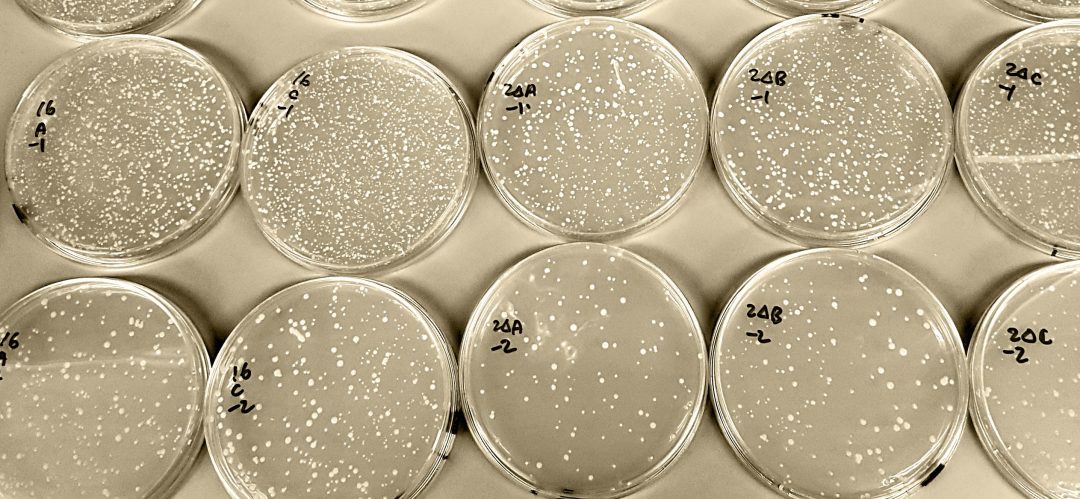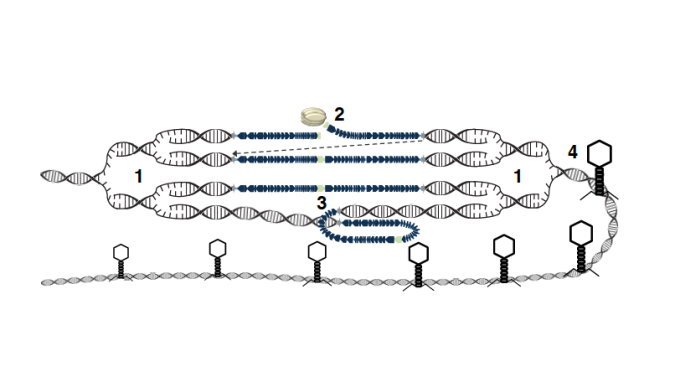Staphylococcus aureus is a Gram-positive bacterial pathogen that causes a wide spectrum of diseases and is a major threat to public health. It is an extremely versatile pathogen that carries a diverse array of immune system evasion factors that enables it to infect or colonize nearly every niche and tissue of a host. Its pathogenic versatility is further compounded by an extraordinary propensity for adaptation when faced with environmental challenges. Historically, S. aureus infections were treatable with antibiotics; but in recent decades, antibiotic-resistant strains have reached epidemic proportions. Methicillin resistant S. aureus (MRSA) strains that were once largely confined to the immune-compromised in healthcare settings are now expanding to the community and infecting healthy individuals.
Featured posts on NUS YLL SoM website:
Scientists reveal mystery of superbug evolution
The Data Whisperer



